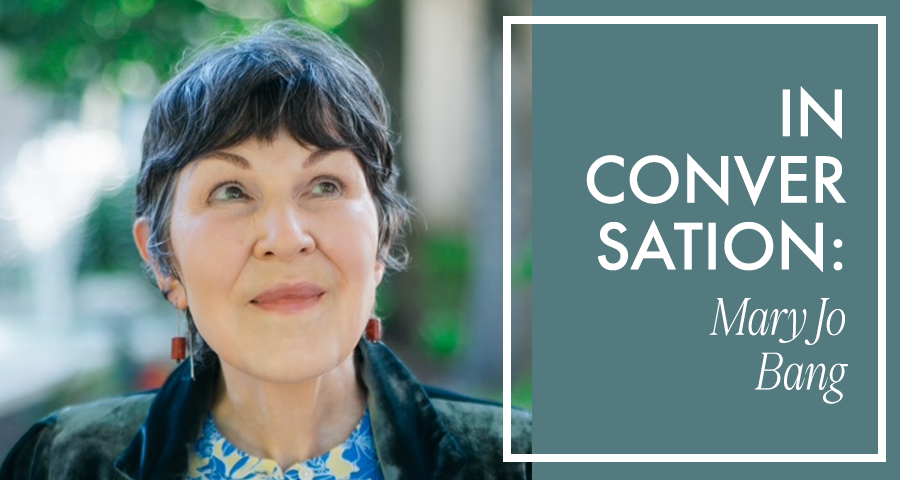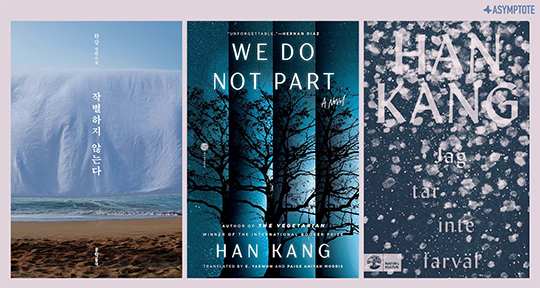In her new translation of Dante’s Paradiso, translator Mary Jo Bang has brought to bear an eagle-eyed focus on the power of lyric poetry. This book is the last of the three that form Dante’s The Divine Comedy—the most widely read of the three being Inferno, where the punishment of the sinners in Hell mirrors the nature of the sins committed in their lifetimes. The same process is at work in Purgatorio, although there, punishment is structured instead as restorative penance, which, once completed, enables the souls to enter the blissful realm of the tenth heaven. In Paradiso, then, Dante travels through the nine spheres of the solar system until he arrives at the Empyrean, where he finds the saved basking in the Eternal Light of God’s mind. Speaking to those he meets along the way, Dante becomes aware that bliss isn’t the same for everyone; one’s ability to feel God’s love in the afterlife depends on the qualities of their time spent on earth.
By translating Dante’s language into modern American English and adopting a matter-of-fact authorial tone, Bang retains the elegance of the original diction. Throughout, she adopts a loose iambic structure and preserves the three-line stanza to echo Dante’s terza rima, an arrangement he devised to gesture to the Holy Trinity. All of these measures combine to honor the imagery and meaning of Dante’s original vernacular Italian, while also acknowledging the fundamental differences between the two languages.
Curious to learn more, I spoke with Bang about the act of “carrying” poetry across from one language to another, the nuts and bolts of her translation process, and how Heaven is different for each person lucky enough to have made it there.
Tiffany Troy (TT): What is the act of literary translation for you? And has your view of the possibilities of translation shifted over time?
Mary Jo Bang (MJB): The best definition of translation I’ve encountered comes from tracing the term back to the Latin translationem (nominative translatio), which means “a carrying across.” When applied to a text, the suggestion is that you are carrying a text in one language over into a second language. The Greeks used the word for the work of metaphor, which, like the translation of a text from one language to another, is rooted in equivalency and substitution. In the Old French, translation also referred to carrying the bones of saints from one place to another, as relics. It makes sense to me that the preciousness of such bones would have gotten linguistically intertwined with the precious religious texts copied by clerical scribes. The scribes carried a text from book to book, and sometimes also from one language to another. There have been other uses of the word, from the sacred meaning of being transported (translated) to Heaven, to the secular meaning of moving plantings from one place to another.
When I began translating the Comedy, I knew little to nothing about translation. I had taken two translation workshops when I was an MFA student at Columbia in the early nineties, working on translating a French novel, but after I finished my degree and moved to St. Louis to begin teaching, the novel stayed in the cardboard box it arrived in. I don’t know that I would have ever gone back to translation except that I read Caroline Bergvall’s “Via (48 Dante Variations),” and marveled at the fact that in forty-seven translations of the first three lines of Dante’s Inferno, no two were identical. This felt like a demonstration of the fact that there is no single “right” way to translate one language into another; that might be obvious to some but for me, it was a decisive revelation and one that has been at the forefront of my mind in all of the translations I’ve worked on since. READ MORE…



